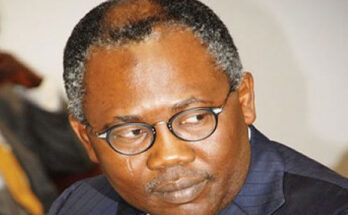Following the signing of the revised Memorandum of Understanding between Kano state government and the Capegate Investment Company Limited on Integrated Municipal Solid Waste and Air Quality Management, Kano state Executive Council has approved the scrapping of the state Refuse Management and Sanitation Board (REMASAB).
The measure is part of efforts towards resolving the municipal solid waste predicament which has been one of the major challenges bedeviling mega cities globally.
The state Commissioner for Information, Malam Muhammad Garba, disclosed this while briefing newsmen on the outcome of the council weekly meeting.
He said the public-private-partnership arrangement is aimed at sustainable municipal waste management in line with global practice in 11 selected local government areas of Dala, Fagge, Gwale, Kano Municipal, Nassarawa, Tarauni, Kumbotso, Ungogo, Dawakin Tofa, Dawakin Kudu and Gezawa.
Malam Garba said pursuant to the decision, the scrapped board has been reduced to a sanitation department under the ministry of environment, transfer of pests and vector control activities/facilities to the new department as well as the redeployment of director sanitation to the ministry.
The commissioner also announced approval for the release of N15, 000,000.00 million for the production of one million seedlings for the year 2021 planting season.
He said the planting exercise is annual event conducted by the state Afforestation Programme (KNAP) aimed at enhancing productivity of agricultural land, decreasing the rate of desertification process, increasing the state vegetation cover and stabilizing the ecological imbalance.
Malam Garba revealed that approval for the release of N314, 440, 500.00 million for the sponsorship of 26, 242 selected candidates for the 2021 National Examination Council (NECO) and the National Board for Arabic and Islamic Studies Examinations.
He stated that the approval followed the conduct of qualifying examinations for the candidates and recommendation by the State Award Committee which assessed the performance of the candidates to be sponsored.
Malam Garba pointed out that based on the selection criteria, the huge number of the candidates as well as the total expenditure involved, only candidates with seven to nine credits including English and Mathematics were considered for the sponsorship.
The commissioner also stated that candidates from community and voluntary schools have been excluded from the sponsorship to ease government’s burden and encourage community participation in the education of their children.




